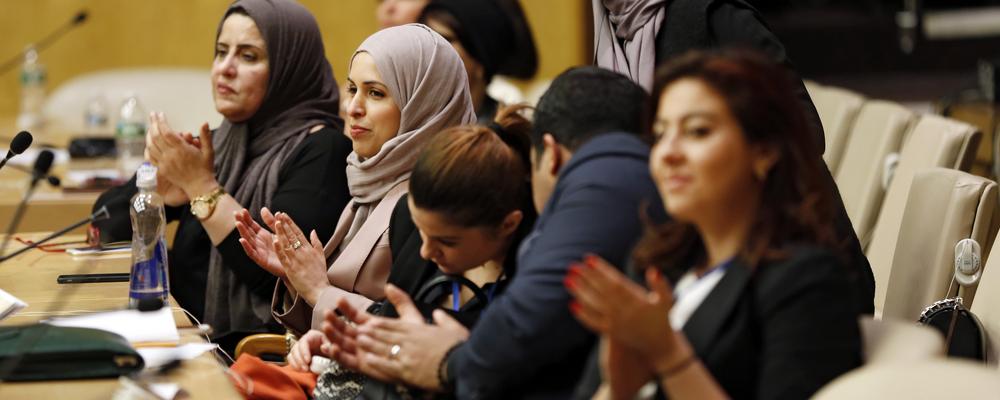"We can see an attitude shift in the Middle East and North Africa (MENA). It is a region where patriarchal attitudes are common and female representation in the public sphere low," says Ellen Lust, Professor of Political Science at the University of Gothenburg.
Ellen Lust and her colleague Linday Benstead conducted a survey of more than 30,000 people from Algeria, Egypt, Jordan, Libya, Morocco, and Tunisia responded to in the fall of 2022. The results show that people are more likely to express support for female politicians than for male politicians.
Gender Quotas Boost Women's Political Representation
The expressed support for female politicians is believed to be due to changing perceptions of gender and leadership roles. A young, perhaps more liberal population, along with gender quotas and global influences, have brought women into the political spotlight. This may have increased support, according to Ellen Lust.
"Gender quotas allow for women to be elected and demonstrate their competence. When female politicians perform well, voters are more likely to support women in the future. Their successes, both locally and internationally, break down negative stereotypes that have previously held women back."
People Want Leadership Without Corruption
Changing demands for leadership qualities and frustration with corruption also drive the shift. People in the region have long been dissatisfied with political leaders and have demanded more just and accountable leadership. According to Ellen Lust, this frustration is often associated with male leaders.
"People are particularly dissatisfied with corruption in the countries we studied. Our research shows a decreased trust in male politicians, especially those linked to business. People still believe these men are powerful and will receive support from influential elites and other voters. But our evidence suggests they are frustrated with men because they see them as more corrupt."
Women, on the other hand, are considered to represent compassion and morality. They are also seen as more capable of handling various leadership tasks, including traditionally male-dominated roles such as security and economic management.
Male Candidates Still Receive the Votes
Despite people's perceptions of female candidates as more capable, it does not fully translate to the ballot. According to the study, this may be due to strategic voting—avoiding voting for a candidate one believes no one else supports. Many thought that their personal support for female candidates would not be reflected in the rest of society. Another reason is that women often lack the resources to run election campaigns and face party gatekeeping or encounter sexist campaigns, which negatively affect their chances.
"To encourage more people to vote for the candidate they believe will do the best job, information campaigns showing widespread trust in female candidates are needed. Our research also shows that education, internet access, and civil society participation promote female political representation," says Ellen Lust.
TEXT: Sara Bjurenvall
